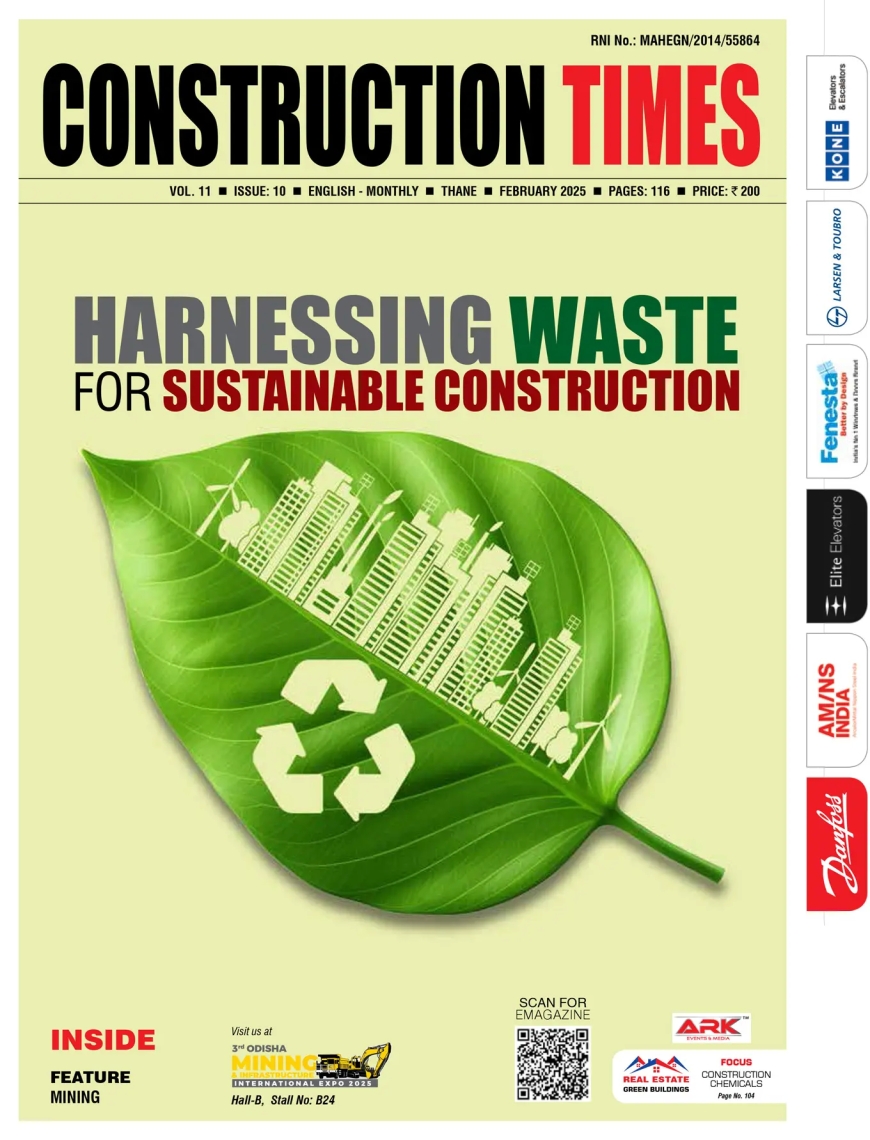Command & Control Centers as Covid-19 War Rooms
Command & Control Centers as Covid-19 War Rooms Smart Cities of Pune, Surat, Bengaluru and Tumakuru are using the integrated data dashboards, developed by the data analysts and data experts working with their ICCCs (also functioning as Covid-19 war rooms in many cities) to provide up-to-date information about the status of corona virus in different

Command & Control Centers as Covid-19 War Rooms
Smart Cities of Pune, Surat, Bengaluru and Tumakuru are using the integrated data dashboards, developed by the data analysts and data experts working with their ICCCs (also functioning as Covid-19 war rooms in many cities) to provide up-to-date information about the status of corona virus in different administrative zones of their cities. The Pune Smart City Development Corporation Limited (PSCDCL) has collaborated with the Pune Municipal Corporation (PMC) to develop an integrated data dashboard in the city's efforts to fight the global pandemic of corona virus. Each case of the city has been mapped using geo-spatial information systems and city administration is monitoring the areas and creating buffer zones where patients were diagnosed positive with Covid-19 infection. Using heat-mapping technologies and predictive analytics, the city administration will develop a containment plan and the containment zones get reflected on the dashboard. The healthcare operations at the city's “Naidu Infectious Disease Hospital” are tracked at this facility. The Smart City's integrated dashboard also monitors the quarantine facilities and tracks the health of suspected patients and their contacts placed under home quarantine.
Delhi Allots Rs 59.41 Billion
The Delhi Government in their budget for the financial year 2020-21 allotted a whole of Rs 59.47 billion for enhancing the public transport infrastructure sector in the national capital. Rs 9 billion allotted for the Delhi Metro Phase-IV project. With the plan to fulfil Delhi Chief Minister Arvind Kejriwal's promise of providing “the largest and cheapest public transport system” in the national capital, Dy Chief Minister Manish Sisodia stated that the Delhi govt had fixed a target of taking the complete fleet of State-run buses to 11,000 and laying 500 km of Delhi Metro lines of Phase-IV. Sisodia also declared after a gap of around ten years new buses have been combined in Delhi's public transport system buses with modern CCTV and 'disabled-friendly lift' have been included in the fleet for the first time in the country. New low-floor buses have been inducted for the first time since the Commonwealth Games. Entirely 2,485 new buses, 1,300 DTC and 1,185 cluster buses, including 685 electric buses would be added to the fleet during 2020-21.
Gujarat Approves Rs 13.61 Crore Solar Projects
The Gujarat Government has cleared proposals worth Rs 13.61 crore for installation of solar plants to power as many as 15 water treatment plant and / or sewage plants of 11 municipalities. These solar plants would generate approximately 2,835 kW power and save Rs 2.94 crore in the electricity bills. The plants will be installed for Bardoli, Umargam, Botad, Songadh, Vijalpore, Ankleshwar, Jambusar, Navsari, Vyra, Unjha, and Surendranagar municipalities. Notably, Gujarat occupies 6.39 per cent of India's geopolitical area but has access to only 2.28 per cent of the country's water resources, which makes it imperative for the water-stressed state to explore the option of reusing treated waste water. The policy aims to reach minimum 80 per cent coverage and collection of sewage in all municipal towns, and achieve a level of 100 per cent treatment of collected sewage as per the prescribed standards.
3 Cities from UP Among top 10 Smart Cities
This year's Smart City Rankings released by the Ministry of Housing and Urban Affairs (MoHUA) has been a cheer for Uttar Pradesh, as three of the state's cities made it to the top 10 Smart Cities. Apart from Agra topping the list, Kanpur and Varanasi also made it to the top 10 securing third and seventh rank respectively. Although, the three cities did make it a moment of pride for the state, but, Lucknow had also won the hearts by improving its ranking from 41st, in the last year, to 12th this year. Other cities like Aligarh was ranked 55th, while Saharanpur secured 68th position, Jhansi 83rd, Bareilly 89th, and Moradabad 97th. The Smart City rankings were released post a survey conducted on an annual basis earlier, but, as per MoHUA from this set of rankings, the survey will be conducted biannually. Therefore, the rankings released has considered efforts made in the developing the cities from October 1, 2019, to March 1, 2020. Although, Agra holds the crown, Lucknow has made the most significant improvement in its performance. Agra ranked 12th in the previous ranking while Kanpur stood seventh and Varanasi held the 13th position.
Infosys joins Qualcomm Smart Cities Accelerator Program
 Infosys announced that it has joined the Qualcomm Smart Cities Accelerator Program to offer end-to-end solutions for smart stadiums, smart venues and smart event management. This program is designed to connect cities, municipalities, government agencies, and enterprises with Qualcomm Technologies' ecosystem to help deliver greater efficiencies, cost savings, and broad access to solutions for smart cities' problems today. Utilizing cutting-edge connectivity and compute technologies from Qualcomm Technologies and Smart Spaces solution from Infosys, facilities managers of stadiums and venues can re-imagine the physical spaces by enabling the next generation fan experience, improved energy efficiencies, increased people productivity, and differentiated user experiences through seamless connectivity. Infosys' global network of innovation centers, experience design, and expertise in building connected ecosystems can unlock energy and resource savings by enabling reductions in per capita energy and water consumption, effective recycling and use of renewable energy.
Infosys announced that it has joined the Qualcomm Smart Cities Accelerator Program to offer end-to-end solutions for smart stadiums, smart venues and smart event management. This program is designed to connect cities, municipalities, government agencies, and enterprises with Qualcomm Technologies' ecosystem to help deliver greater efficiencies, cost savings, and broad access to solutions for smart cities' problems today. Utilizing cutting-edge connectivity and compute technologies from Qualcomm Technologies and Smart Spaces solution from Infosys, facilities managers of stadiums and venues can re-imagine the physical spaces by enabling the next generation fan experience, improved energy efficiencies, increased people productivity, and differentiated user experiences through seamless connectivity. Infosys' global network of innovation centers, experience design, and expertise in building connected ecosystems can unlock energy and resource savings by enabling reductions in per capita energy and water consumption, effective recycling and use of renewable energy.
Rs 5 billion Worth Metro Projects up for Grabs
The Mumbai Metropolitan Region Development Authority (MMRDA) has floated tenders for the balance works on Metro Line 2B from DN Nagar-Mandale with the total distance of 23.643 km long elevated corridor. The estimated expense of the fresh tender is pegged at Rs 4.74 billion and it will be completed within 30 months from the date of started of a given contract. The authority floated three separate tenders for the left works along the corridor, that include the construction of a viaduct, 15 stations and the proposed car depot at Mandale in Mankhurd. It will provide interconnectivity between the existing Western Express Highway, Eastern Express Highway, Western Railway, Central Railway, Mono Rail, Metro Line-1 and Metro Line 2A, Metro Line 4 and Metro Line 3 under implementation.
Hits: 112
















